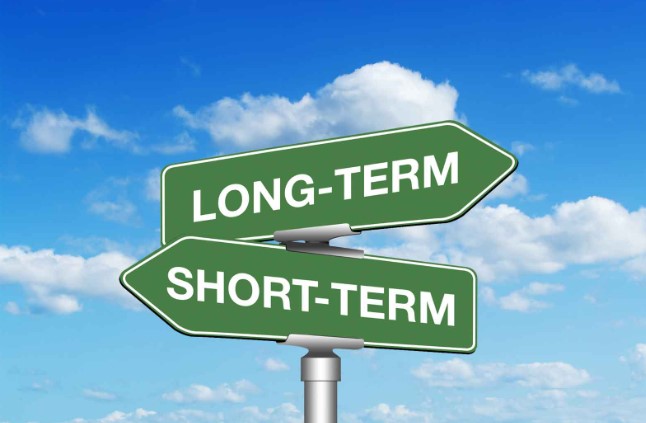Term Life Insurance Definition & Meaning

Term Life Insurance Definition & Meaning! Let’s Read the full Content and Collect the best information about Term Life Insurance. What Is Term Insurance? Dear Friend. Term insurance is a type of life insurance policy that provides a fixed “term” coverage for a specific period of time or year. If the insured dies within the specified period in the policy and the policy are active, or valid, the death benefit will be paid.
Term insurance is permanent life insurance. Unlike most types of permanent insurance, term insurance has no cash value. In other words, the only price is the benefit of certain death from the policy. Let’s Read the full Content and also Collect more information
Understanding Term Insurance
Different types of term insurance policies are available. Many policies offer level premiums for the duration of the policy, such as ten, 20, or 0 years. These are often referred to as “level expiration” principles. A premium is a fixed cost, usually, monthly, that insurance companies charge policyholders for providing benefits that come with insurance policies.
The insurance company calculates the premium based on the health, age, and longevity of the person. A medical examination that reviews the person’s health and family medical history may be required depending on the policy chosen.
The premium is fixed and paid for the term. If the policyholder dies before the policy expires, the insurance company will pay the cost of the policy. If the term expires and the person dies later, no coverage or payment will be made. However, policyholders can extend or renew insurance, but the new monthly premium will be based on the age and health of the person at the time of renewal. As a result, the premium for a renewal policy may be higher than the original term policy that the person started at a young age.
There may be a premium depending on the age and the amount paid. For example, a 30-year policy with a payment of $ 250,000 can range from 15 15 per month for a person in their twenties to less than 60 60 for their fifties. Of course, each insurance company may have different rates depending on the policyholder’s health, smoking history, and other factors.
Availability of Coverage
If a term policy does not guarantee a renewable policy, the company may refuse to renew coverage at the end of the policy term if the policyholder develops a serious illness. Permanent insurance provides life coverage as long as the premium is paid. Term if the policyholder develops a serious illness. Permanent insurance provides coverage for life as long as premiums are paid.
Term Life Insurance vs. Convertible Term Life Insurance
Convertible Term Life Insurance is a term life policy that includes a convertible climber. Rider guarantees the right to conversion to an in-force term policy or expiration in a permanent plan without proof of underwriting or insurability. Conversion Rider will allow you to convert to a permanent policy that the insurance company offers without any restrictions.
The initial features of the rider are to maintain the original health rating of the term policy during the conversion, even if you later have health problems or become irresistible and determine when and how much coverage needs to be converted. The basis of the new fixed policy premium is your age at the time of conversion.
Of course, the overall premium will increase significantly because whole life insurance is more expensive than term life insurance. The advantage is confirmed approval without a medical examination. The medical conditions that develop over a period of time cannot adjust the premiums upwards. However, the company may require limited or complete underwriting if you want to add additional riders to the new policy, such as a long-term care rider.

